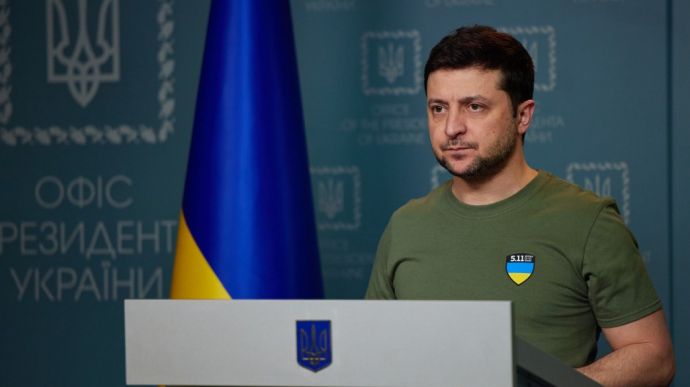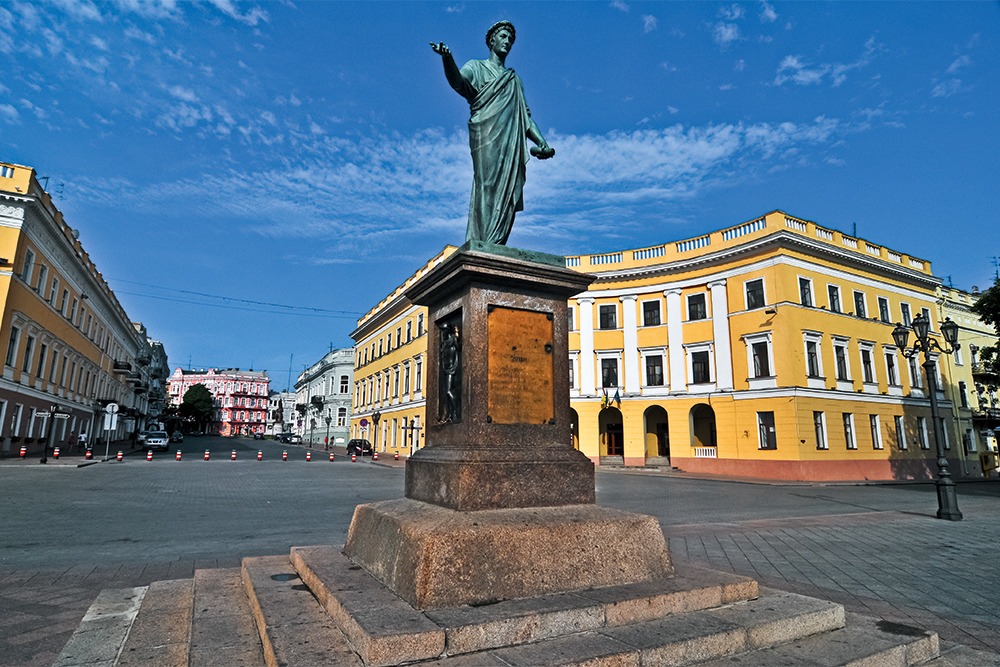The EU fears that Turkey could become a “gateway” for the hidden import of Russian gas into the European Union after its complete ban. This concern is reported in the Politico article.
Turkey’s unwillingness to support the EU’s plan to completely abandon Russian energy resources by the end of 2027 creates a threat of its shadow import to Europe through the country’s territory.
Turkey, due to its geographical location, is a transit country for energy imports to the EU.
In connection with the plan to completely abandon Russian energy resources, Brussels seeks to strengthen monitoring of how and where this gas enters the EU, which will require information from such transit countries.
The Turkish Foreign Ministry, in a comment to Politico, stated that the EU’s sanctions are an EU matter, but that Turkey believes that “unilateral sanctions create risks for economies and increase energy concerns for all,” and that Turkey will only apply sanctions approved by the UN Security Council.
Against this backdrop, there are concerns that Turkey will remain a gateway for covert imports of Russian gas to Europe after 2027.
“Turkey’s reluctance to comply with European monitoring provisions could create challenges for the effective implementation of the proposed law—particularly given Turkey’s growing role as a transit country and potential hub for Russian gas,” said Finnish Green MEP Ville Niinisto, one of the leaders of the project in the European Parliament.
“If Turkey does not want to fully cooperate on monitoring and transparency, EU member states will not have the necessary information to determine the origin of gas coming from Turkey,” the Finnish MEP added.
Earlier, media reported that the European Commission presented a roadmap for the complete cessation of Russian gas imports by the end of 2027, as well as minimizing Russian oil imports. Hungary and Slovakia are against it.
According to media reports, France and Belgium, the two largest buyers of Russian liquefied natural gas (LNG), also have certain reservations.








